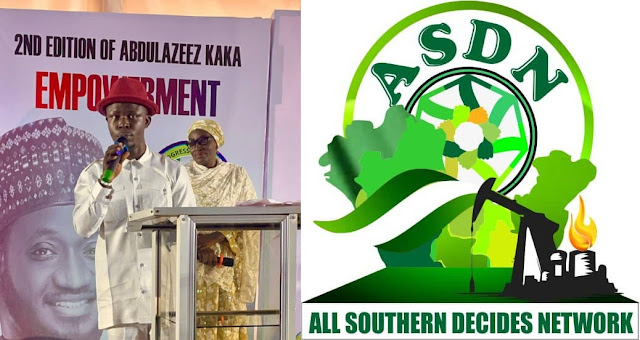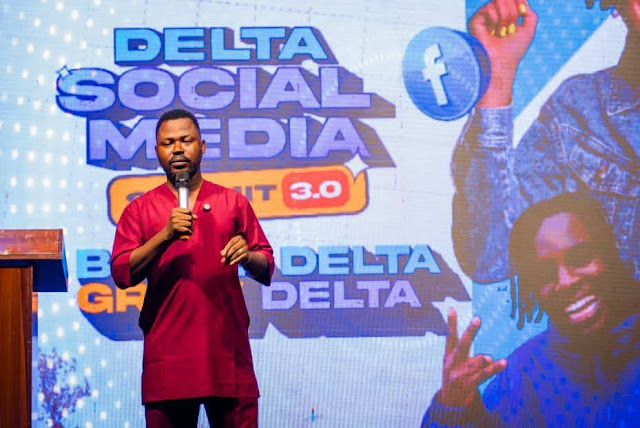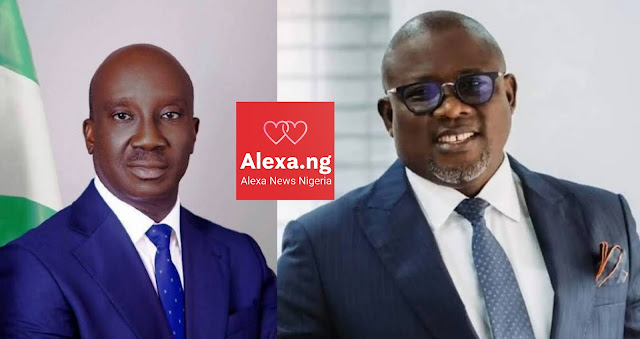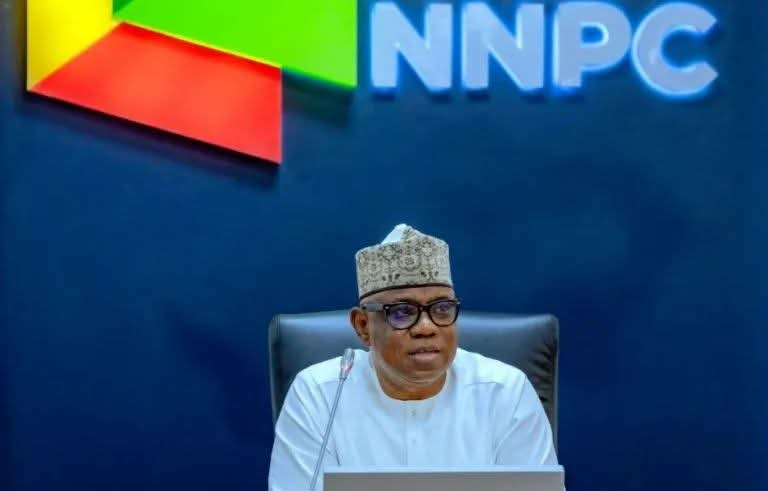Nigeria’s hopes of securing a spot in the 2026 FIFA World Cup have been dealt a significant setback with the news that striker Akor Adams and first-choice goalkeeper Stanley Nwabali have been sidelined by injuries. The Super Eagles, already grappling with a challenging qualifying campaign, now face the prospect of entering critical matches against Rwanda and South Africa without two key players. The injuries, confirmed in the past week, have cast a shadow over the team’s preparations and raised questions about their depth and resilience as they battle to keep their World Cup dreams alive.
Akor Adams’ Injury: A Missed Opportunity for a Rising Star
Akor Adams, a 25-year-old forward who recently earned his maiden call-up to the Super Eagles, was poised to make his international debut in the upcoming qualifiers. However, his aspirations have been put on hold after he sustained a muscle injury during a training session with his club, Sevilla, in Spain’s La Liga. The club’s medical team confirmed on Wednesday that Adams had damaged his left thigh adductor, ruling him out of Sevilla’s weekend fixture against Girona and, more critically, Nigeria’s September qualifiers against Rwanda and South Africa.
The injury is a bitter pill for Adams, who has been eager to prove himself on the international stage. Having joined Sevilla from French side Montpellier in 2023, Adams has shown flashes of brilliance but has struggled with recurring muscle issues. Last season, he missed significant playing time due to similar injuries, and his latest setback continues a frustrating pattern. Despite not scoring in the current La Liga campaign, Adams contributed an assist in Sevilla’s opening match against Athletic Bilbao, hinting at his potential to become a key figure for both club and country.
Sevilla’s medical statement indicated that Adams has already begun treatment and rehabilitation, but no specific timeline for his return was provided. For Nigeria’s head coach, Eric Chelle, the absence of Adams deprives the team of a dynamic forward who was expected to bring energy and versatility to the attacking line. Chelle had expressed enthusiasm about assessing Adams in competitive action, particularly given his physicality and goal-scoring instincts, which could have complemented Nigeria’s existing attacking options.
Stanley Nwabali’s Uncertain Status: A Blow to Defensive Stability
The Super Eagles’ woes were compounded by an injury to goalkeeper Stanley Nwabali, who has emerged as a cornerstone of the national team since his standout performances at the 2023 Africa Cup of Nations (AFCON). Nwabali, 29, was stretchered off the field just 35 minutes into Chippa United’s 2-0 victory over Richards Bay in South Africa’s Premier Division on Tuesday evening. Initial reports suggest that the goalkeeper suffered a muscle injury, though the full extent of the damage remains unclear. His participation in the upcoming qualifiers is now in serious doubt, leaving Nigeria’s coaching staff scrambling to identify a suitable replacement.
Nwabali’s rise to prominence has been nothing short of remarkable. After years of playing in Nigeria’s domestic league, he earned a move to Chippa United in 2022 and quickly established himself as a reliable shot-stopper. His performances at the 2023 AFCON, where he played a pivotal role in guiding Nigeria to the final, cemented his status as the team’s first-choice goalkeeper. Known for his composure, quick reflexes, and ability to organize the defense, Nwabali has brought stability to a position that has historically been a weak point for the Super Eagles.
Should Nwabali be ruled out, Coach Chelle faces a daunting task. The alternatives—Bendel Insurance’s Amas Obasogie, Hapoel Jerusalem’s Adebayo Adeleye, and teenage prospect Ebenezer Harcourt—lack the experience and proven track record of Nwabali. Obasogie, who plays in the Nigeria Premier Football League, has shown promise but has yet to be tested at the international level. Adeleye, based in Israel, has limited senior caps, while Harcourt, a relatively unknown quantity, represents a gamble due to his youth and inexperience. The absence of a seasoned backup goalkeeper underscores the fragility of Nigeria’s squad depth in this critical position.
Timing and Context: A Critical Juncture for Nigeria
The injuries to Adams and Nwabali could not have come at a worse time for Nigeria, who are already struggling in their 2026 World Cup qualifying campaign. With only seven points from six matches, the Super Eagles sit in fourth place in Group C, trailing group leaders South Africa by six points. The upcoming fixtures—against Rwanda in Uyo and South Africa in Bloemfontein—are must-win games if Nigeria hopes to close the gap and secure one of the coveted qualification spots for the tournament, which will be co-hosted by the United States, Canada, and Mexico.
Nigeria’s inconsistent performances in the qualifiers have raised concerns among fans and analysts alike. The team has struggled to convert opportunities into goals, with defensive lapses and a lack of cohesion in midfield exposing vulnerabilities. The absence of Adams, who was expected to bolster the attacking unit, and the potential unavailability of Nwabali, a key defensive anchor, further complicate Nigeria’s prospects. Coach Chelle, who took over the reins in 2024, now faces immense pressure to rally his squad and navigate these challenges without two of his key players.
The broader context of Nigeria’s footballing landscape adds another layer of complexity. The Super Eagles have a storied history, having qualified for six of the last eight World Cups, but recent years have seen a decline in consistency at the international level. The 2023 AFCON final, where Nigeria fell to Ivory Coast, was a reminder of the team’s potential but also highlighted the need for greater depth and adaptability. The injuries to Adams and Nwabali expose the thin margins that separate success from failure in international football, particularly for a team like Nigeria, which relies heavily on a core group of players.
Strategic Adjustments and Squad Depth
Despite the setbacks, Nigeria still has a wealth of talent to draw upon, particularly in attack. Victor Osimhen, the Napoli striker and 2023 African Footballer of the Year, remains the focal point of the Super Eagles’ forward line. Osimhen’s physicality, aerial prowess, and clinical finishing make him a constant threat, and his presence will be crucial in the upcoming qualifiers. Tolu Arokodare, who has been in fine form for Genk in Belgium, and Terem Moffi, a consistent performer for Nice in France, provide additional attacking options. While Adams’ absence is a blow, the trio of Osimhen, Arokodare, and Moffi offers enough firepower to trouble the defenses of Rwanda and South Africa.
However, the goalkeeper position presents a more significant challenge. Without Nwabali, Nigeria’s defensive structure could be compromised, particularly against a tactically disciplined South African side that has already demonstrated its ability to exploit weaknesses. Coach Chelle will need to carefully assess his options, balancing the need for experience with the potential to blood younger players. A bold decision to start a relatively untested goalkeeper like Harcourt could either signal the emergence of a new talent or expose Nigeria to costly errors in high-stakes matches.
Beyond personnel changes, Chelle may need to adjust his tactical approach. Nigeria’s attacking play has often relied on quick transitions and exploiting spaces behind opposition defenses, but the absence of Adams’ pace and directness could force a more possession-based strategy. Defensively, the team will need to tighten up to compensate for the potential inexperience in goal, with players like William Troost-Ekong and Calvin Bassey tasked with providing leadership and stability at the back.
The Bigger Picture: Nigeria’s Football Ecosystem
The injuries to Adams and Nwabali also highlight broader issues within Nigerian football, particularly the reliance on foreign-based players and the lack of investment in domestic talent development. While the Super Eagles have benefited from the contributions of players plying their trade in Europe’s top leagues, the domestic Nigeria Premier Football League (NPFL) has struggled to produce players capable of seamlessly transitioning to the international stage. The fact that Nwabali, a product of the NPFL, has become a key figure for the national team is a testament to the potential within the domestic game, but it also underscores the need for greater investment in youth academies, coaching, and infrastructure.
The NPFL has faced challenges such as inconsistent scheduling, inadequate facilities, and limited financial support, which have hindered its ability to compete with Europe’s top leagues as a breeding ground for talent. While players like Osimhen and Adams have thrived abroad, the domestic league must play a more significant role in developing the next generation of Super Eagles stars. Initiatives to improve scouting, grassroots programs, and player welfare could help address the squad depth issues exposed by the current injury crisis.
Furthermore, the injuries raise questions about player management and workload. Both Adams and Nwabali sustained muscle injuries, which are often linked to fatigue, inadequate recovery time, or intense training schedules. For players competing in demanding European and South African leagues while also fulfilling international commitments, the risk of burnout is ever-present. The Nigeria Football Federation (NFF) and club medical teams must work collaboratively to ensure that players are adequately rested and supported to minimize the risk of injuries, particularly during crucial qualifying campaigns.
Looking Ahead: Challenges and Opportunities
As Nigeria prepares for the matches against Rwanda and South Africa, the focus will be on how Coach Chelle navigates the absence of Adams and the uncertainty surrounding Nwabali. The game against Rwanda in Uyo offers an opportunity to secure three points against a lower-ranked opponent, but the clash with South Africa in Bloemfontein will be a true test of Nigeria’s mettle. South Africa’s Bafana Bafana have shown resilience in the qualifiers, and their home advantage could make the match a defining moment in Group C.
For Chelle, the injuries present both a challenge and an opportunity. While the loss of key players is a setback, it also provides a chance to test the squad’s depth and give emerging players a platform to shine. A successful outcome in the upcoming matches could boost Nigeria’s confidence and momentum, while a poor performance could jeopardize their qualification hopes and increase scrutiny on the coaching staff and the NFF.
The Super Eagles’ fanbase, known for its passion and high expectations, will be watching closely. Nigerian football fans have long dreamed of seeing their team make a deep run at the World Cup, and the 2026 tournament represents a chance to compete on the global stage against the world’s best. However, qualification is far from guaranteed, and the injuries to Adams and Nwabali serve as a reminder of the obstacles that lie ahead.
Conclusion
The injuries to Akor Adams and Stanley Nwabali have dealt a significant blow to Nigeria’s 2026 FIFA World Cup qualifying campaign, but they also present an opportunity for the Super Eagles to demonstrate their resilience and adaptability. With critical matches against Rwanda and South Africa looming, Coach Eric Chelle must rally his squad, make strategic adjustments, and inspire his players to rise to the occasion. While the absence of Adams and the uncertainty surrounding Nwabali are setbacks, Nigeria’s attacking depth and defensive leadership provide a foundation for optimism.
As the Super Eagles navigate this challenging period, the broader issues of squad depth, domestic talent development, and player welfare must also be addressed to ensure long-term success. For now, the focus is on securing vital points in the qualifiers and keeping Nigeria’s World Cup dreams alive. The coming weeks will test the team’s character and determination, but with the right approach, the Super Eagles can overcome these obstacles and soar to new heights.






